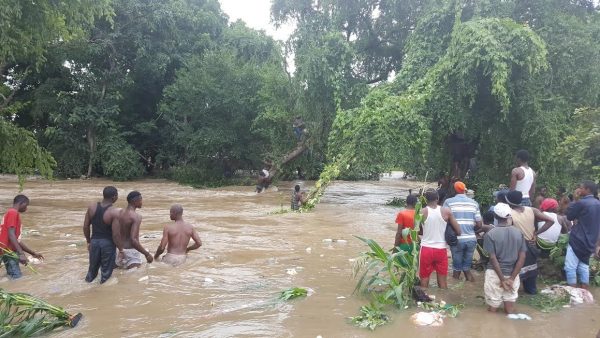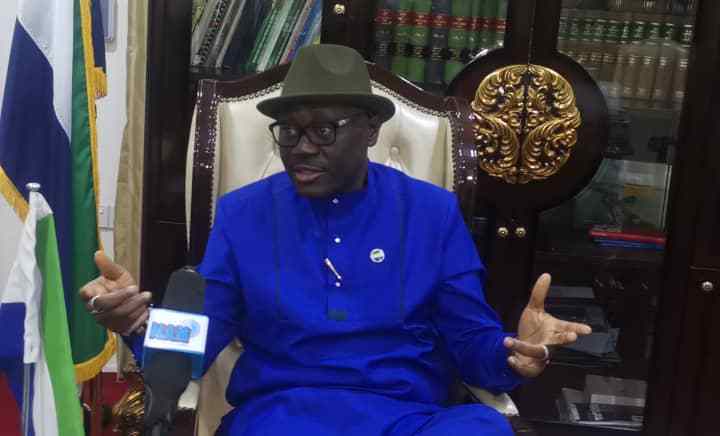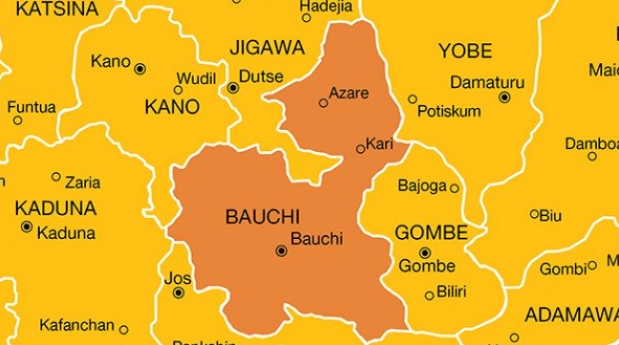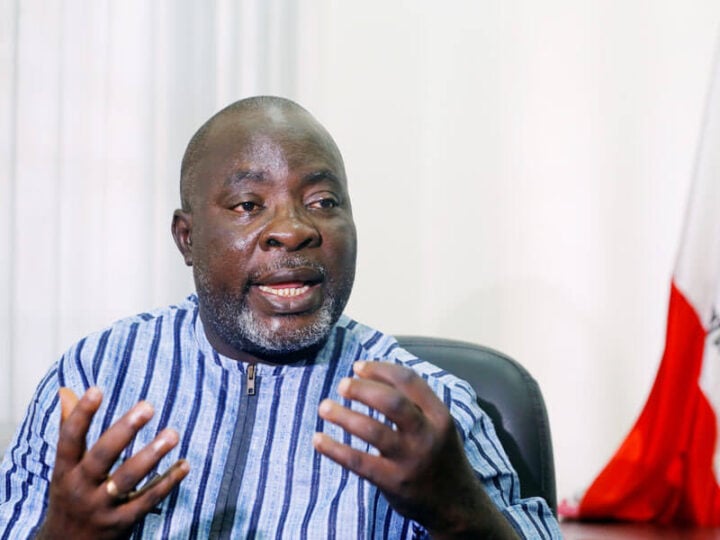The Infrastructure Concession Regulatory Commission (ICRC) says the federal government incorporated 158 projects across different sectors into the public private partnership (PPP) pipeline projects in 2020.
Michael Ohiani, ICRC acting director-general, said this in the commission’s annual report and accounts for 2020.
Ohiani said the federal executive council (FEC) gave approvals for some vital projects which were earlier granted the full business case (FBC) compliance certificates by the commission to pave the way for eventual contract signing and commercial closure.
“These projects included development of the Bonny Deep Seaport in Rivers, development of Ibom Deep Sea Port in Akwa Ibom and automated ticketing portal for the Nigerian Railway Corporation,” the report reads.
Advertisement
“Upgrading, Expansion and Operation of the Nigerian Correctional Services Shoe/Garment/Leather Factories in Aba-Abia State and Janguza-Kano State; Renovation of the Students’ Hostel, Kaduna Polytechnic.
“Solar Power Off-Grid Rural Electrification, and Deployment of Specialised Services Automation Project of the Nigeria Police Force.”
The ICRC acting DG also said that outline business case (OBC) compliance certificates were granted for some key projects in the transportation sector, adding that some of them have proceeded to the procurement stage while others would soon follow.
Advertisement
The projects include Truck Transit Parks in Obollo-Afor, Enugu State; Aviele and Benin Bye-Pass, Edo; Lokoja, Kogi; and Illela, Sokoto State, concession of the four International Airport Terminals in Abuja, Lagos, Kano and Port Harcourt
Others are the ministry of works and housing highway development and management initiative (HDMI) for 12 selected routes; re-development and operations of the National Inland Waterways Authority (NIWA) passenger berthing facility in Lagos state.
The commission also said it experienced funding constraints that stalled actualisation of its goals and objectives; lack of dedicated funding to develop, promote and implement PPP projects which slowed the development of some projects.
“Capacity gap in the MDAs to structure bankable transactions ready for the PPP market constantly posed a problem; lack of adequate enforcement powers over PPP contract agreements and disputes.”
Advertisement
It further said a bill to address these gaps in the existing law of the commission is pending before the national assembly.
It explained that the bill seeks to rename ICRC as ‘PPP Regulatory Commission’ to accommodate other forms of PPP, and expand its powers to impose appropriate sanctions to ensure compliance with the provisions of the Act and regulations thereof.
ICRC added that the passage of the bill would help the commission establish its independence, improve its regulatory oversight and exercise adequate control over the process.
Advertisement
Add a comment






